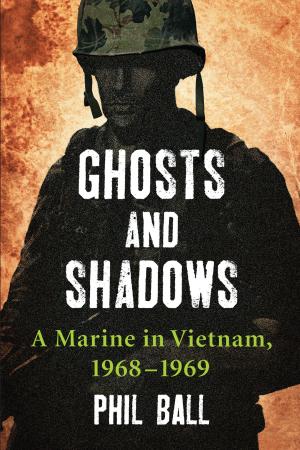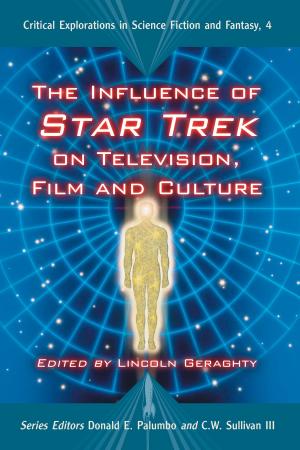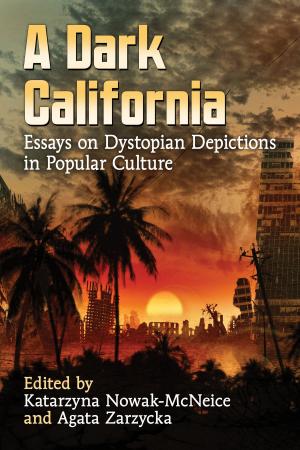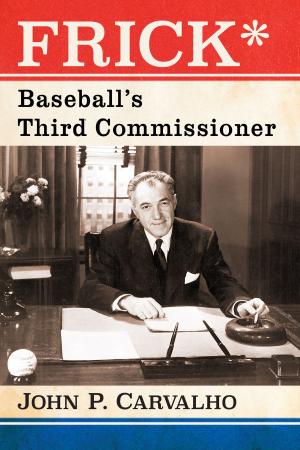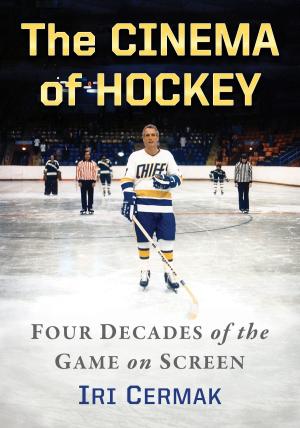| Author: | Randy Rasmussen | ISBN: | 9781476613765 |
| Publisher: | McFarland & Company, Inc., Publishers | Publication: | November 16, 2015 |
| Imprint: | Language: | English |
| Author: | Randy Rasmussen |
| ISBN: | 9781476613765 |
| Publisher: | McFarland & Company, Inc., Publishers |
| Publication: | November 16, 2015 |
| Imprint: | |
| Language: | English |
Stanley Kubrick had a great talent for creating memorable images—such as his famous jump cut from a bone tossed into the prehistoric sky to a spaceship orbiting the earth in 2001. Like the composer of a great symphony, Kubrick also had the ability to draw his memorable moments into a lyrical whole. Balancing harmony with discord, he kept viewers on edge by constantly shifting relationships among the dramatic elements in his movies. The results often confounded expectations and provoked controversy, right up through Eyes Wide Shut, the last film of his life. This book is an intensive, scene-by-scene analysis of Kubrick’s most mature work—seven meticulously wrought films, from Dr. Strangelove to Eyes Wide Shut. In these films, Kubrick dramatized the complexity and mutability of the human struggle, in settings so diverse that some critics have failed to see the common threads. Rasmussen traces those threads and reveals the always shifting, always memorable, always passionately rendered pattern. Instructors considering this book for use in a course may request an examination copy here.
Stanley Kubrick had a great talent for creating memorable images—such as his famous jump cut from a bone tossed into the prehistoric sky to a spaceship orbiting the earth in 2001. Like the composer of a great symphony, Kubrick also had the ability to draw his memorable moments into a lyrical whole. Balancing harmony with discord, he kept viewers on edge by constantly shifting relationships among the dramatic elements in his movies. The results often confounded expectations and provoked controversy, right up through Eyes Wide Shut, the last film of his life. This book is an intensive, scene-by-scene analysis of Kubrick’s most mature work—seven meticulously wrought films, from Dr. Strangelove to Eyes Wide Shut. In these films, Kubrick dramatized the complexity and mutability of the human struggle, in settings so diverse that some critics have failed to see the common threads. Rasmussen traces those threads and reveals the always shifting, always memorable, always passionately rendered pattern. Instructors considering this book for use in a course may request an examination copy here.

